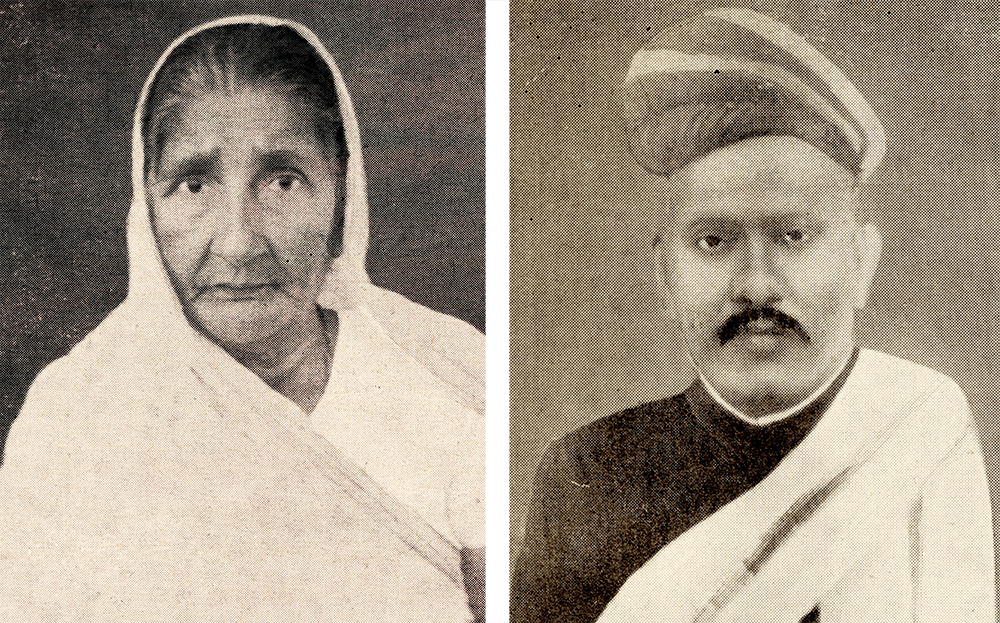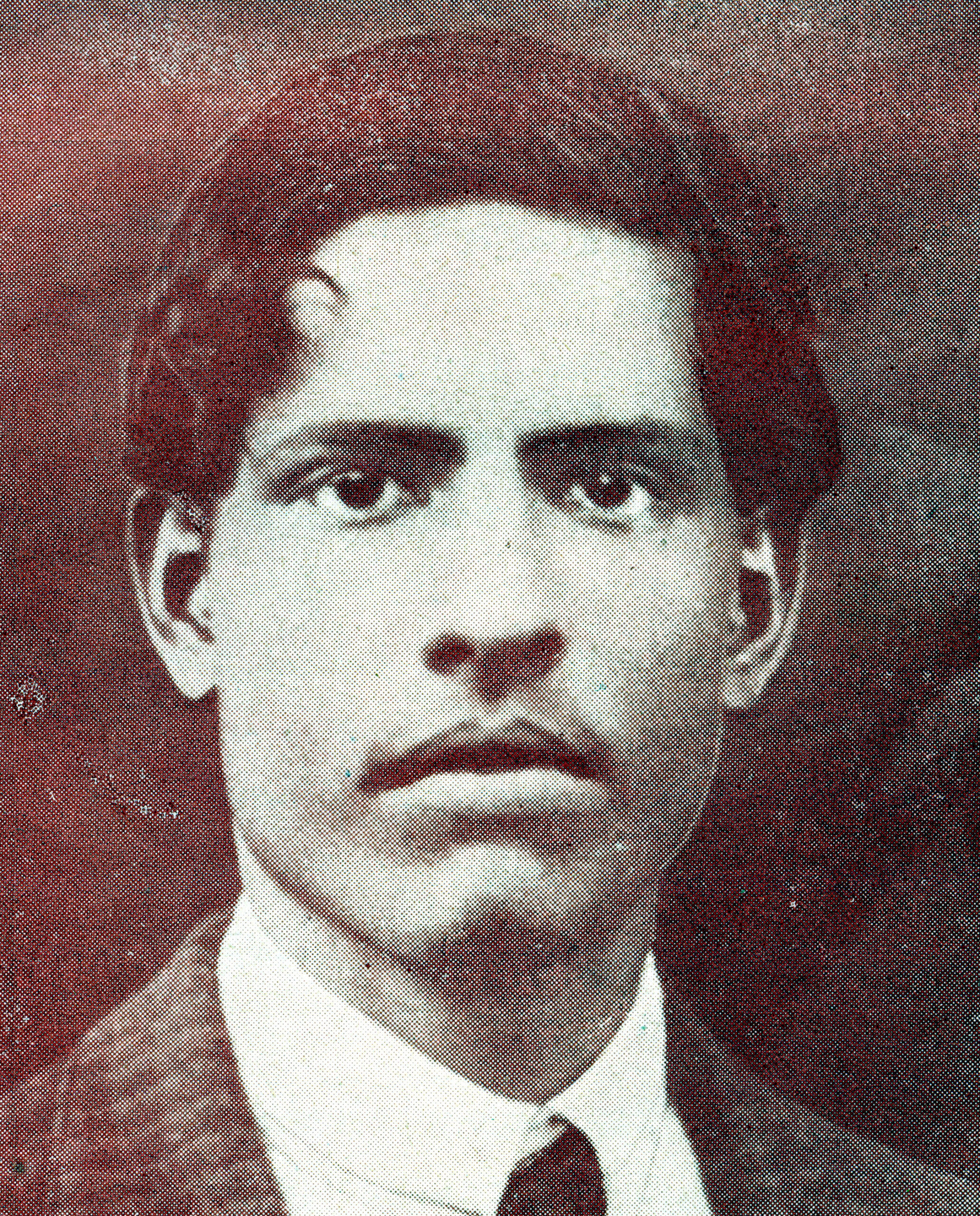Kripalu’s Early Years
Kripalu, originally named Saraswatichandra and called Narayan, was born on January 13, 1913, in Gujarat. He grew up in a large family with nine children. His early life was marked by hardship, especially after losing his father at the young age of seven in 1920. His family, already struggling, was thrown into further poverty, and Kripalu witnessed their home being taken from them.
Formal Schooling Cut Short
Despite showing immense promise as a student and avid reader, Kripalu had to abandon formal schooling in the seventh grade. The need to support his mother and sisters forced him into various low-paying jobs. Yet, his natural talent in the arts shone through, and he found himself drawn to the roles of dramatist, poet, and composer. His artistic abilities led him to Bombay at the age of 18, where he sought a brighter future.
A Desperate Turning Point
By the time he turned 19, Kripalu’s life had taken a dark turn. Struggling financially and emotionally, he fell into a deep depression, contemplating suicide on multiple occasions. On one fateful day, after wandering the streets of Bombay in despair, he found himself at a temple he loved. During the evening arti, overwhelmed with emotion, Kripalu wept before the statue of the Divine Mother, imagining his life ending in a tragic leap from a nearby bridge.
A Divine Intervention
As Kripalu wept, a Mahatma quietly entered the temple. After offering a prayer, the saint approached Kripalu, placing a gentle hand on his head. The stranger’s kindness caused Kripalu to collapse into his arms, weeping. The Mahatma’s words brought Kripalu a sense of comfort and hope: “My son, do not cry. Come along. Follow me.”
The Mahatma’s Knowledge
The saint led Kripalu to a bench outside a nearby shop. Speaking without judgment, the Mahatma revealed knowledge of Kripalu’s darkest thoughts, telling him, “You have been thinking of killing yourself. Do not think of this. Suicide is a forbidden act.” Kripalu, stunned by the Mahatma’s awareness of his suicidal plan, confessed his lie and sought forgiveness. In the presence of this saint, Kripalu’s despair turned to hope, as his faith was restored.
An Invitation to the Ashram
Before parting, the Mahatma invited Kripalu to visit his ashram the next day, handing him an address and leaving quietly into the night. Sitting alone, Kripalu marveled at how his life had changed so quickly. Suicide was now the furthest thing from his mind as he eagerly awaited the chance to meet the Mahatma again.


Discover Kripalu's Legacy

